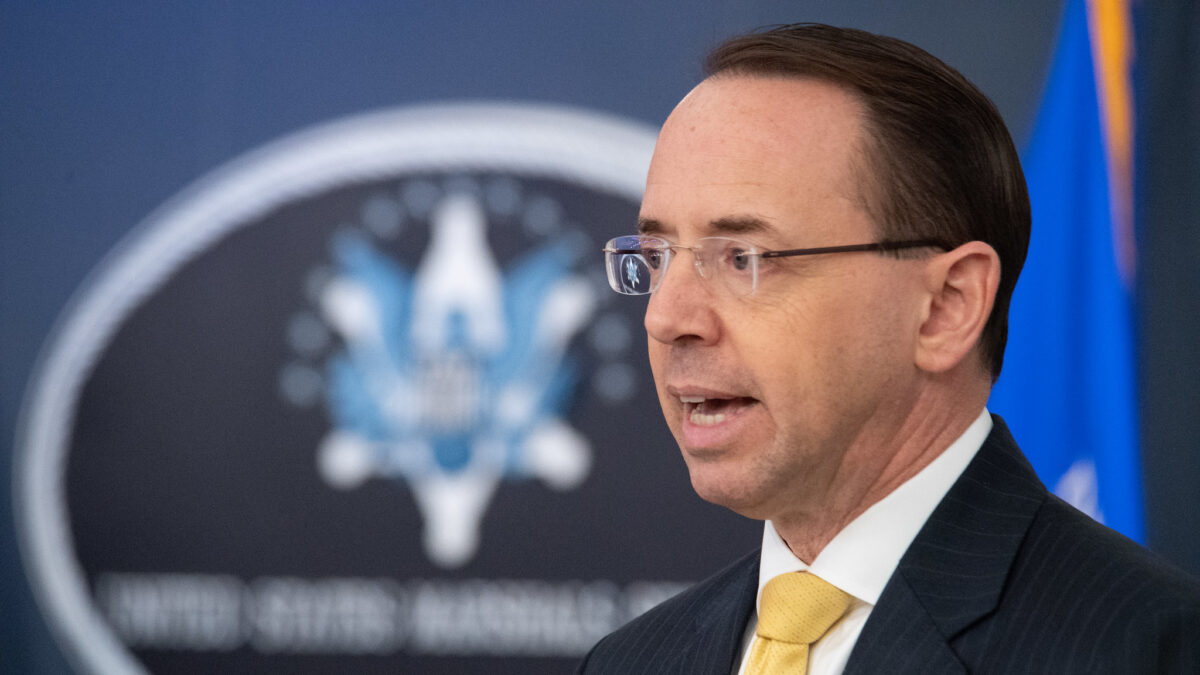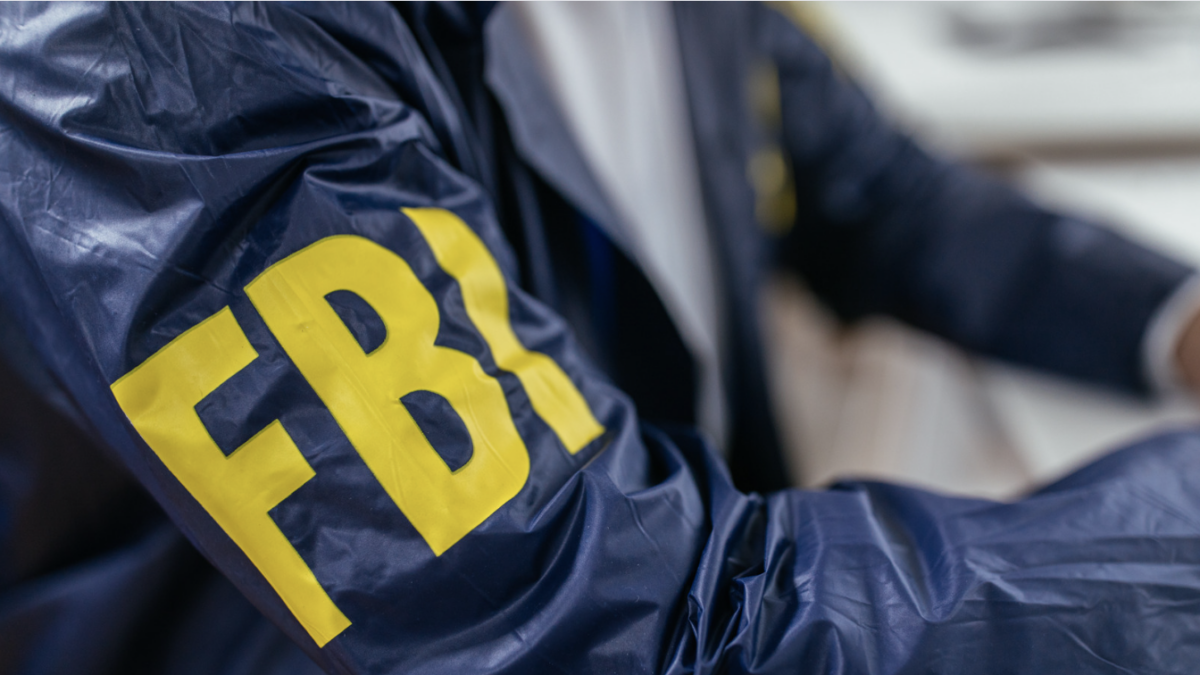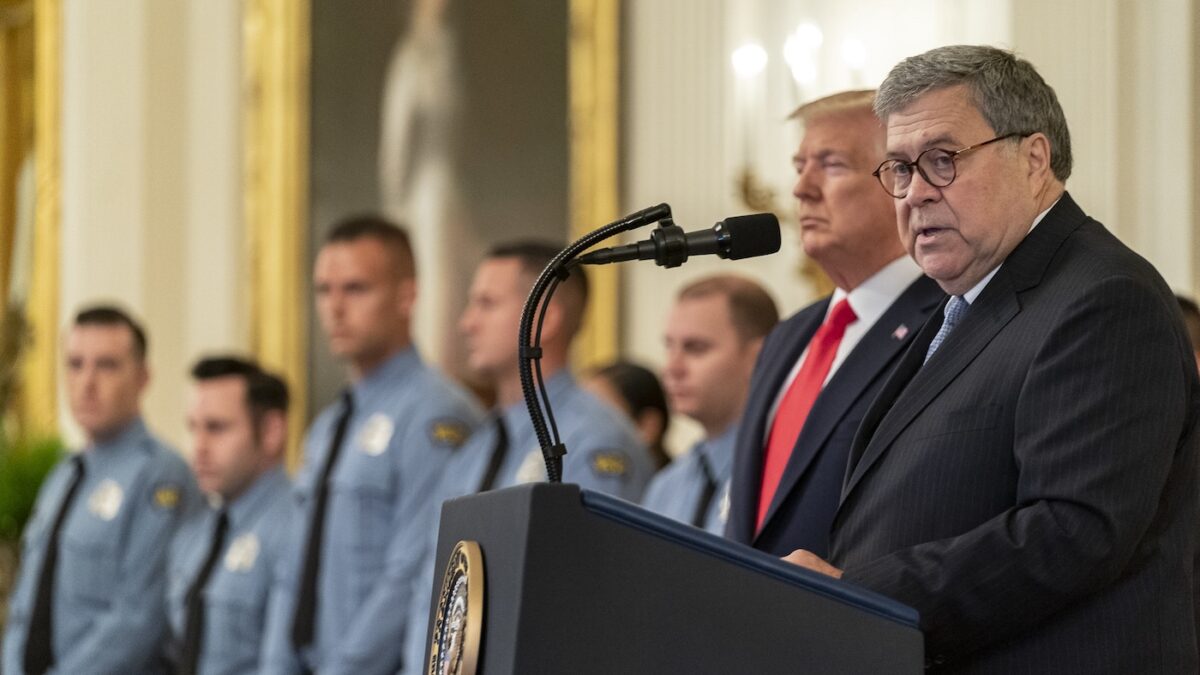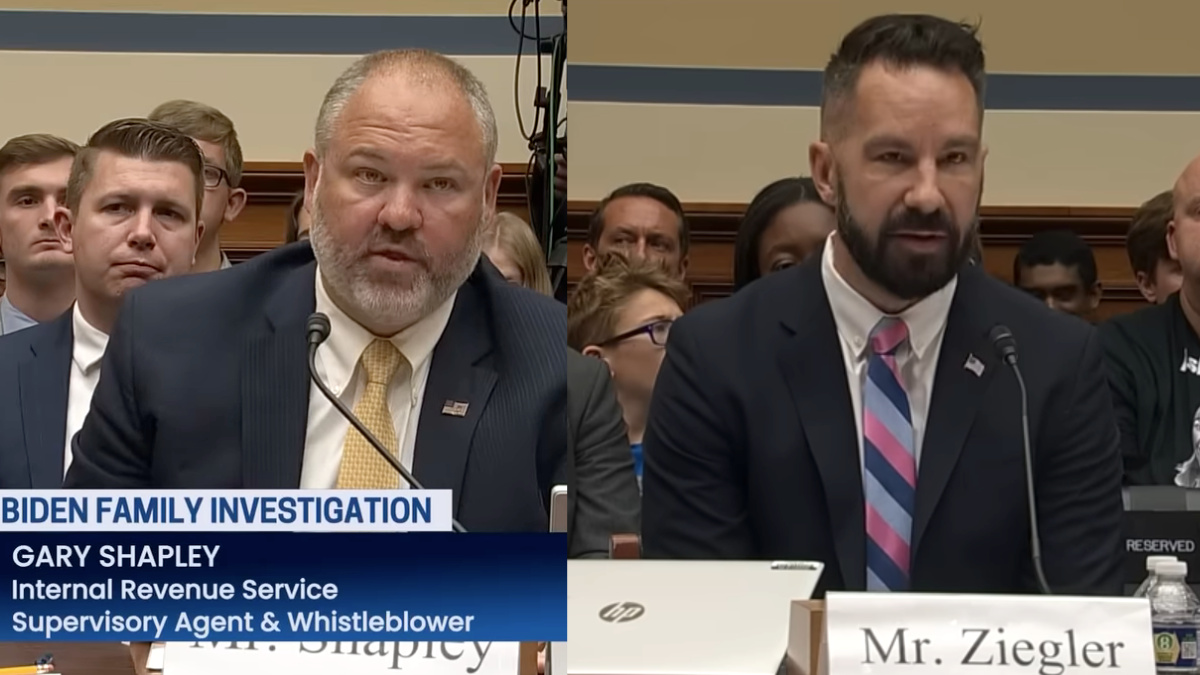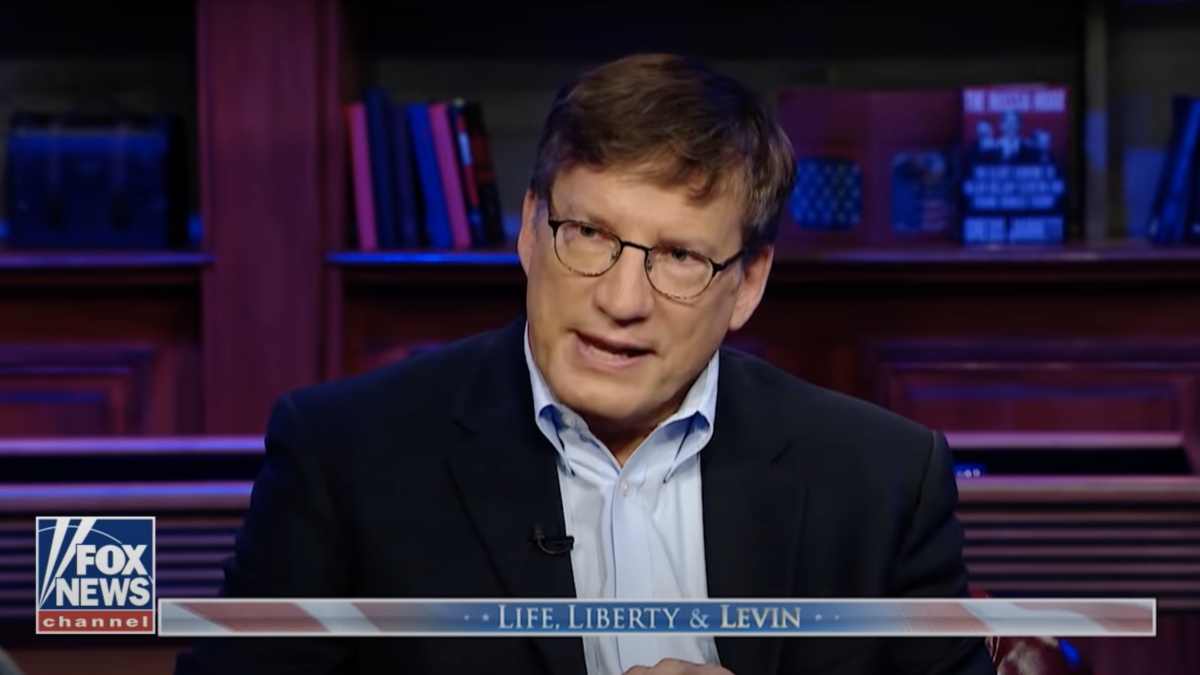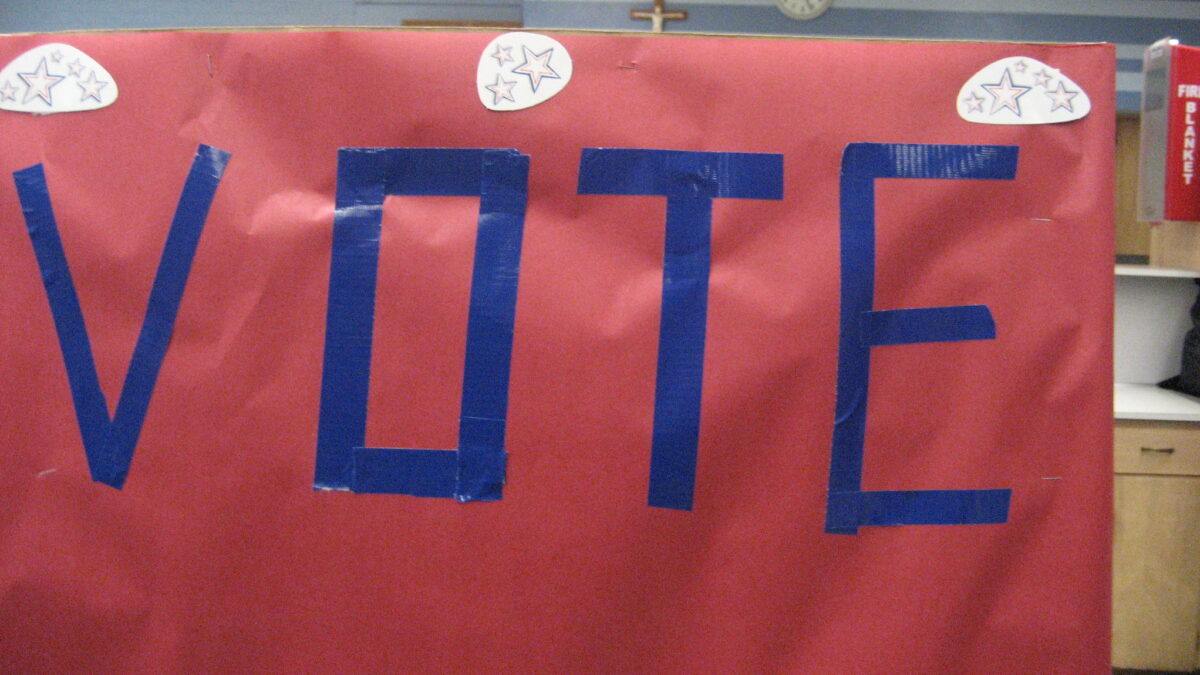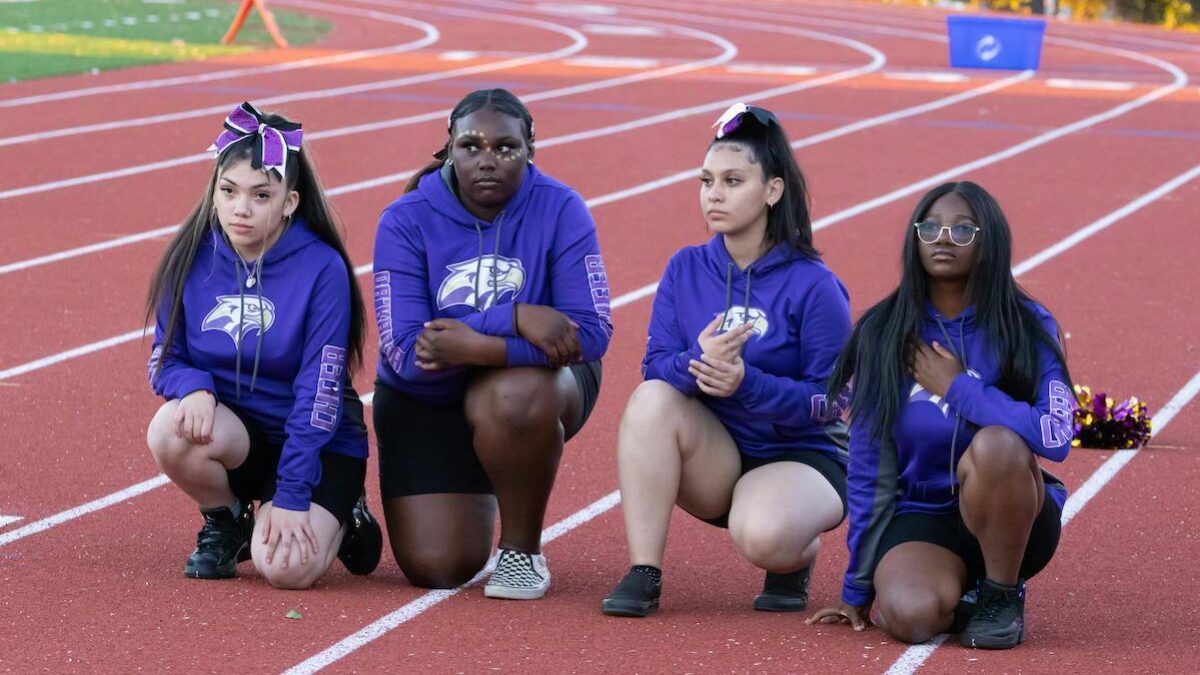While House and Senate oversight committees were investigating the Department of Justice and the FBI for their role in the Russia-collusion hoax, the DOJ subpoenaed the private phone and email logs of multiple congressional staffers, a Freedom of Information Act (FOIA) request filed Tuesday reveals. The executive branch’s targeting of staffers assisting with congressional oversight of the DOJ and FBI represents a dangerous intrusion into the legislative branch’s functioning — and one that demands answers and an accounting.
On Tuesday, the Virginia-based whistleblower firm Empower Oversight dispatched a letter to the attorney general and a slew of other DOJ officials, including the U.S. attorney for the District of Columbia. That letter detailed how the organization’s founder, Jason Foster, learned last week from a notice provided by Google that the DOJ had subpoenaed records of his Google Voice telephone number. The subpoena issued to Google required the tech giant to provide all telephone connection records and text message logs for Foster’s private Google account from Dec. 1, 2016, to May 1, 2017.
At that time, as the Empower Oversight letter explained, Foster served as the chief investigative counsel to Senate Judiciary Committee Chair Chuck Grassley. In that role, he directed congressional oversight into misconduct at the Justice Department. The DOJ likewise subpoenaed other House and Senate staffers working with oversight committees — both Republicans and Democrats — according to Empower Oversight.
The Federalist has independently confirmed that at least one staffer on the House Permanent Select Committee on Intelligence (HPSCI) received the same notice from Google of the subpoena, which was issued by a D.C. grand jury on Sept. 12, 2017.
That date proves significant because former Deputy Attorney General Rod Rosenstein had reportedly threatened to subpoena the personal records of HPSCI staffers during a heated January 2018 closed-door meeting concerning oversight requests served on the DOJ. But based on the Google notice sent out last week to the subpoenas’ targets, the DOJ had already executed that threat.
The Empower Oversight letter takes to task the DOJ for undertaking what appears to be “an extensive and far-reaching effort to use grand jury subpoenas and perhaps other means to gather the personal communications records of innocent congressional staffers and their families with little or no legitimate predicate.” Here, Empower Oversight highlighted the substantial constitutional issues raised by the DOJ’s subpoenas, which targeted not merely a separate branch of government but also attorneys providing legal advice regarding congressional oversight of the very DOJ that subpoenaed the records.
Clearly foreseeing the excuse the DOJ will likely give for subpoenaing the staffers’ personal records — namely the need to uncover the individual who leaked classified information to the press — the Empower Oversight letter also launched a preemptive strike to that rationale, writing:
If the only reason the Justice Department targeted the communications of these congressional attorneys was their access to classified information that was later published by the media, it raises the question of whether the Department also subpoenaed the personal phone and email records of every Executive Branch official who had access to the same information. If not, then the entire exercise looks more like a pretext to gather intelligence on those conducting oversight of the Department rather than a legitimate classified leak inquiry.
To obtain answers to these questions, the Empower Oversight letter ended with a FOIA request for all grand-jury subpoenas issued related to the same investigation that resulted in the targeting of Foster and other legislative staffers, as well as any grand-jury subpoenas issued for Rosenstein and other DOJ officials. Empower Oversight also requested copies of communications between the D.C. U.S. attorney’s office and Rosenstein’s office discussing the possibility of subpoenaing communications data from Verizon for official House and Senate cell phones. Additionally, the FOIA request sought communications between members of the press and Rosenstein and other DOJ officials concerning a variety of people and topics, including Michael Flynn, Carter Page, Joe Pientka, Bill Priestap, Grassley, Foster, congressional oversight requests, and the Crossfire Hurricane investigation.
While these FOIA requests may uncover a few details, the federal government rarely complies with its statutory requirements without judicial intervention and, even then, often succeeds in secreting information from the public by relying on broadly worded FOIA exemptions. The House Oversight and Judiciary Committees, however, aren’t hampered by the limitations of FOIA, and given that the DOJ targeted House staffers as well as Senate staffers, the majority-controlled House should seek the same documents directly from the DOJ.
For that matter, so should the Democrat-controlled Senate, as the executive branch’s offense was to the legislative branch as a whole, not just to Republicans.
